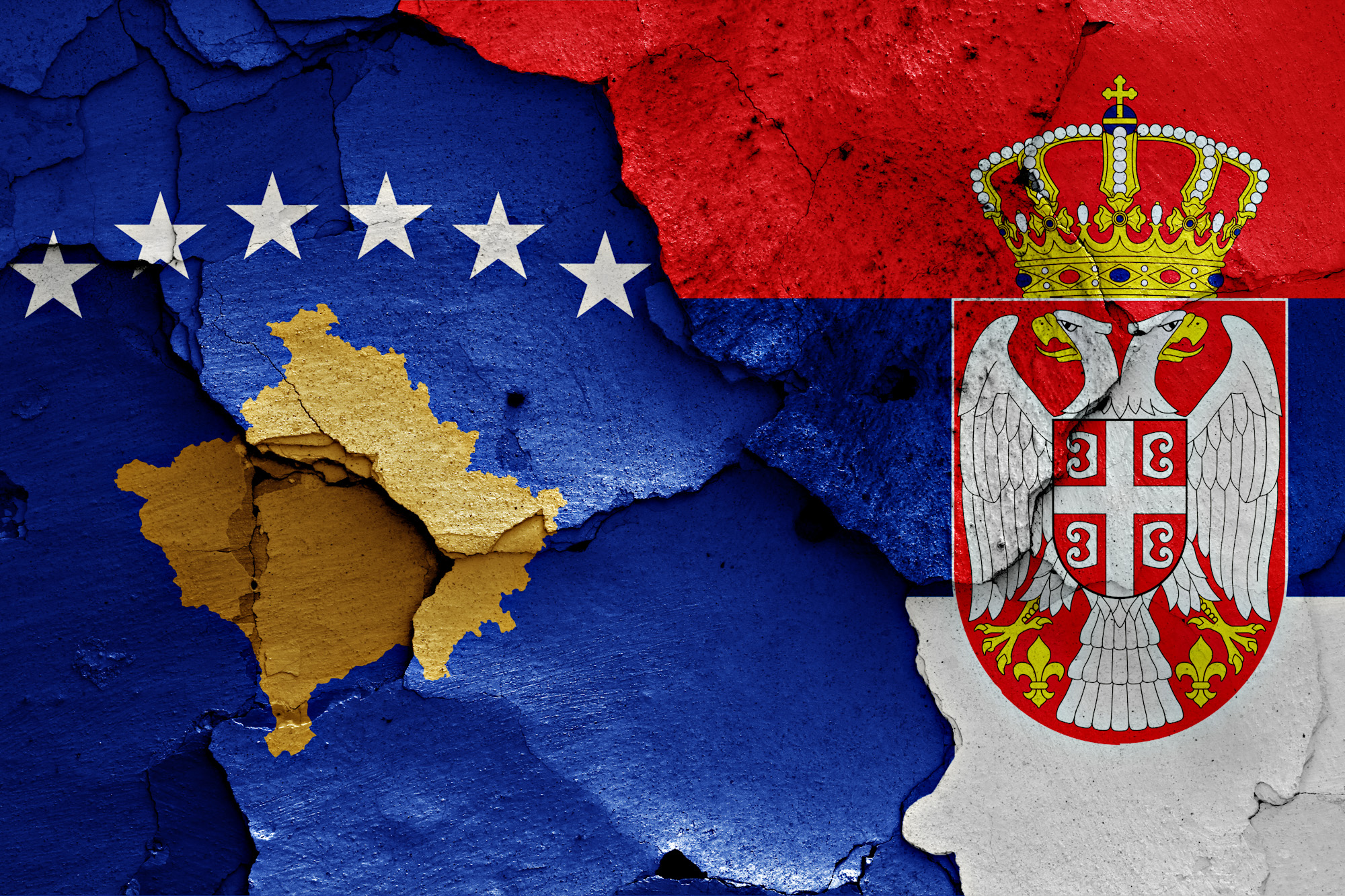Serbia and Kosovo share a rich history, but Serbia’s denial of Kosovo’s statehood, despite Kosovo’s 15-year independence, has led to an unsustainable status quo between the two countries. This tension has stagnated economic development and cooperation between the two countries, among other sectors of interaction.
Serbia is the largest economy in the Western Balkans, whereas Kosovo’s economy is much smaller, but they share common economic challenges. Some business and civil society leaders recognize the urgency of economic cooperation, but political forces on both sides stand in their way.
To promote economic cohesion, the International Republican Institute (IRI) has mobilized key industries and built strong constituencies of collaboration across Kosovo and Serbia, transforming the nature of their economic ties. In February, IRI and its partner, the National Alliance for Local Economic Development (NALED), brought together business leaders in Nis, Serbia. The lively discussion that ensued generated ideas for cross-border collaboration among the manufacturing, food processing, agriculture, and information and communication technology (ICT) sectors.
Participants reached a consensus on barriers they must overcome as they seek to realize mutual economic successes. They pointed to the boycott of Serbian products by Kosovo, which encourages economic nationalism and prejudices as an impediment to cooperation and trade. Participants produced a list of recommendations that could serve as a foundation for future advocacy efforts. The sessions created new bilateral business ties as southern Serbian businesses are now looking to expand their exports into Kosovar markets.
Parallel to the Nis meeting, IRI and its local partner, the American Chamber of Commerce in Kosovo (AmCham), held the first in-country meeting in Prishtina, Kosovo, opened by H.E. U.S. Ambassador to Kosovo Jeff Hovenier. Ambassador Hovenier emphasized the significant role of the business community in advancing bilateral relations, expressing his full support for IRI’s program. With the support of IRI and AmCham experts, specialists from each industry engaged in dynamic dialogue that culminated in several collaboration opportunities.
Despite identified barriers, southern Serbian businesses sought to build on the positive experiences with their Kosovar counterparts and expand trade ties further. Participants agreed on several key challenges they must jointly tackle, and the two business communities agreed to expand the frequency of their communication, experience sharing, and mutual collaboration on resolving business impediments.
In March, IRI conducted two more in-country meetings in Leskovac, Serbia and Prishtina, Kosovo, which gathered small and medium enterprises (SMEs) focused on primary food production and processing. Optimistic participants from wineries, dairy producers, and farms demonstrated an increased interest in cooperation. In Leskovac and Prishtina, IRI and its partners gathered agriculture, food production, and information and communications technology SMEs, business associations, and experts. Participants generated recommendations aimed to suppress social and political barriers to cooperation, prioritizing lobbying their respective institutions to promote joint venture establishment. Improved relationships, greater willingness to cooperate, and participant optimism are all products of IRI’s meeting facilitation.
“This program should have happened 15 years ago.”
– Participant in the second in-country meeting in Leskovac, Serbia
During the last week of March, IRI successfully brought together Kosovar and Serbian businesses for the first cross-border meeting in Durres, Albania. Over a weekend, the sessions helped participants recognize that common business identities can overshadow ethno-nationalistic views, and they identified areas of cooperation that would enhance their relationships and mutual trust. In the closing session, participants extended warm invitations to their respective countries to continue the conversation about joint business initiatives.
The results of the project’s meetings during its first phase are remarkable. Serbian and Kosovar business representatives now seek to penetrate the unpredictable yet stubborn political gridlock and create a favorable environment for mutual development and sustainable, long-lasting ties.
IRI is actively working to support these efforts, build capacities, facilitate bilateral consensus building and advance the creation of new multi-sectoral ties. This will build a strong foundation for the second programmatic phase, where businesses will advocate for their joint vision of flourishing economic successes, forging a path for a new economic entente between Kosovar and Serbian business leaders.
Top